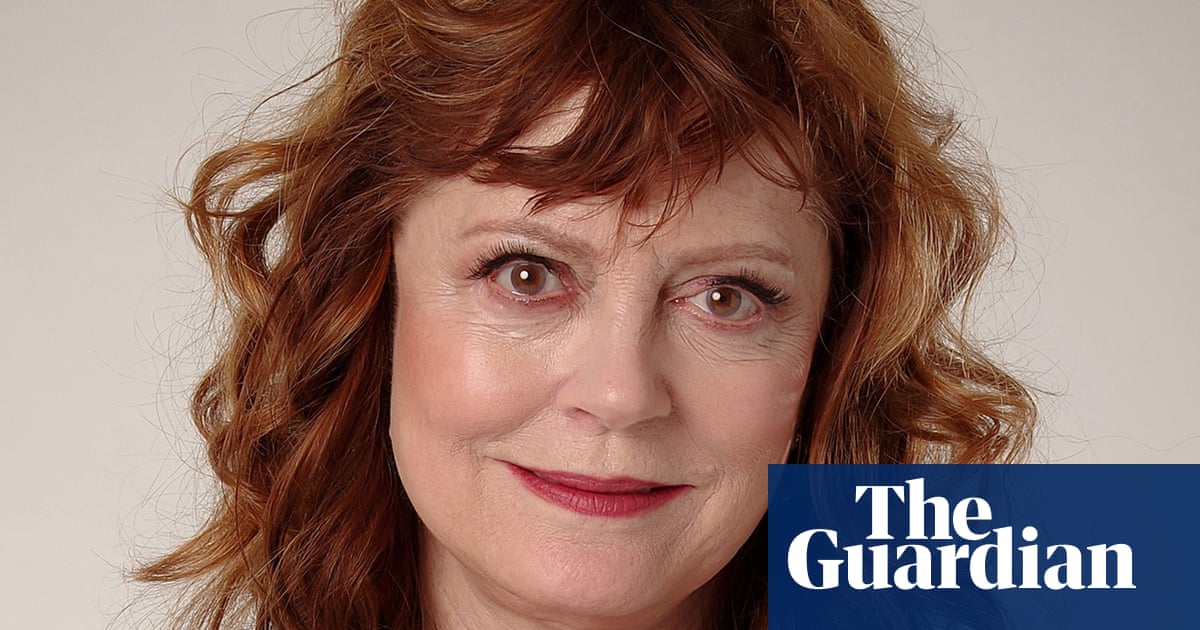The Oscar-winning actorSusan Sarandonand the British film-maker Mike Leigh are among hundreds of figures from the cultural world accusing the BBC of censoring Palestinian voices, after its decision to delay the broadcast of a documentary on medics in Gaza.
Tim Davie, the BBC’s director general, has received an open letter signed by more than 600 industry figures – including some of his own employees – stating that editorial caution over the subject has spilled over into “political suppression”.
The signatories demand the immediate release of Gaza: Medics Under Fire, claiming it has undergone extensive editorial reviews and factchecking and has been ready for broadcast for months.
“Every day this film is delayed, the BBC fails in its commitment to inform the public, fails in its journalistic responsibility to report the truth, and fails in its duty of care to these brave contributors,” the letter states. “No news organisation should quietly decide behind closed doors whose stories are worth telling. This important film should be seen by the public, and its contributors’ bravery honoured.”
The BBC has said the programme’s airing had been delayed while it investigates the production of another documentary, Gaza: How to Survive a Warzone,which was pulled from iPlayer after itemerged its young narrator was the son of a Hamas official.
There are concerns among some BBC staff that the corporation has become paralysed over its handling of the issue. Gaza: Medics Under Fire was produced by a team including Ben de Pear, a former editor of Channel 4 News.
Other notable signatories of the letter demanding its release include the Game of Thrones star Indira Varma, as well as fellow actors Harriet Walter, Miriam Margolyes, Maxine Peake and Juliet Stevenson. NHS doctors involved in helping to set up the film are said to be among those concerned about the delay.
Basement Films, the production company behind the programme, has already expressed its disappointment. “We gathered searing testimony from multiple Palestinian doctors and healthcare workers,” it said. “We are desperate for a confirmed release date in order to be able to tell the surviving doctors and medics when their stories will be told.”
It remains unclear when the BBC will conclude its internal review into the making of Gaza: How to Survive a Warzone. Samir Shah, the BBC’s chair, said the failings in making the programme had been a “dagger to the heart” of the corporation’s claims of trustworthiness and impartiality.
The BBC has been contacted for comment.
